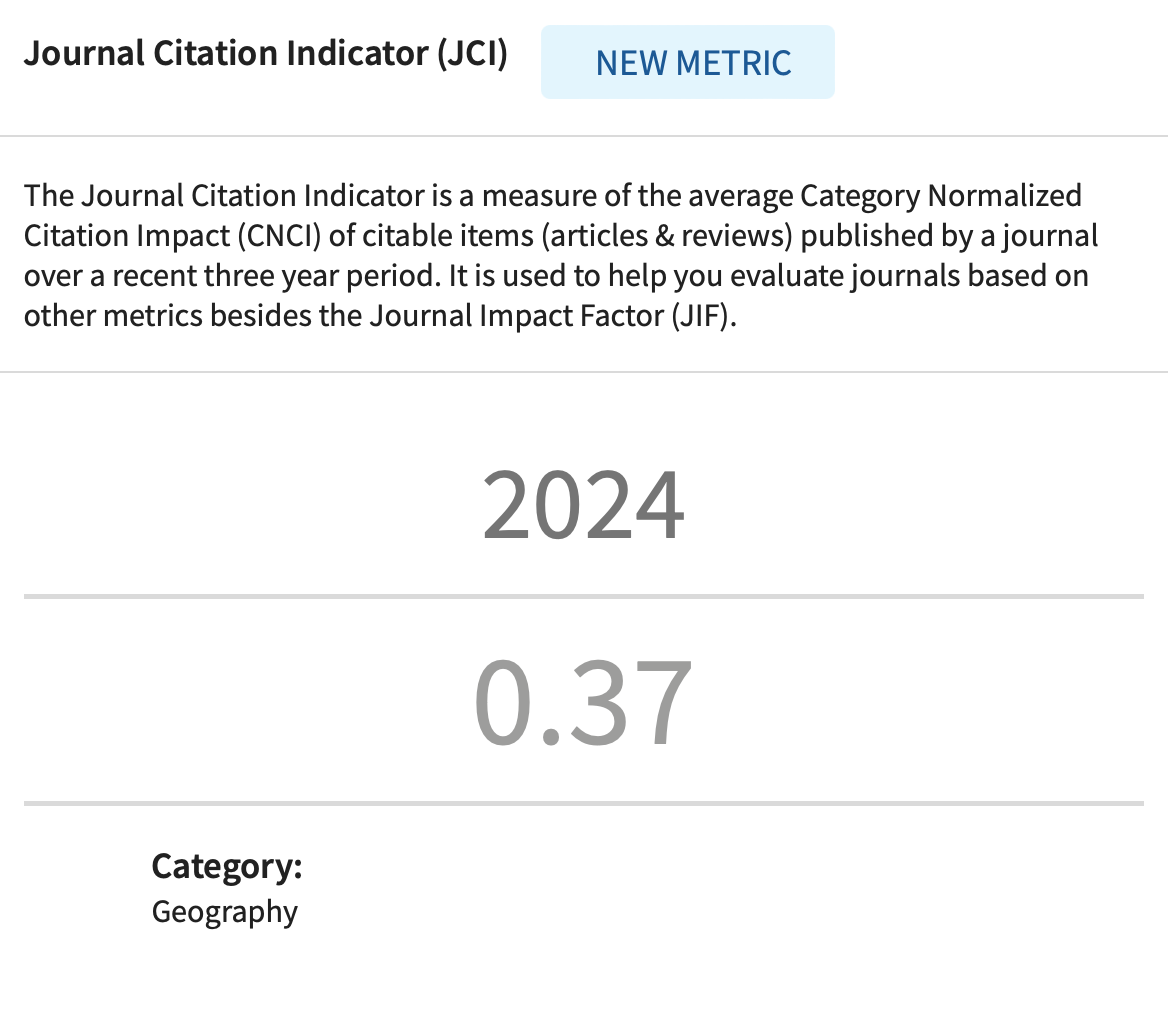MULTIFACETED APPROACH TO NATURAL RESOURCE MANAGEMENT: ETHNOLOGY, GEOGRAPHY, CULTURE
DOI:
https://doi.org/10.2298/IJGI1603449SKeywords:
multifaceted approach, natural resource management, ethnology, geography, cultureAbstract
Nowadays, the issue of interaction between man and nature is one of the most pressing challenges. One of the aspects of this interaction, as well as one of the prior scientific directions and use of natural resources, is natural resource management. A limited amount of many resources and the limits of environmental capacity of nature raise questions of equity to the interests of different generations, which implies the need to decide on the optimal use of natural resource potential of territories currently and in the future. The complex nature of the relationships that form the structure of resources management as a complex system, dictates the need for a comprehensive approach to its study. System analysis is this type of approach. It allows holding studies of the functions of resources management and identifying problems to its development.
Article metrics
References
Kalutskov V. N. (2008). The landscape in the cultural geography (Landshaft v kul'turnoi geografii). Moscow: Novyi Khronograf. (in Russian).
Kalutskov V. N. (2006) Ethnic and cultural landscape studies. Bulletin of Moscow University. Geography, 2, 6–12. (in Russian).
Klokov K. B. (1997) Traditional nature of the North: the concept of conservation and development. Ethnogeography and ethnoecological research. Issue 5. St. Petersburg. (in Russian).
Kozlov, V. I. (2005). On some problems of ethnic ecology. In V. I. Kozlov, A. N. Yamskov, N. I. Grigulevich (Eds.) Ethnoecological aspects of the spiritual culture (pp. 15–33). Moscow: Institute of Ethnology and Anthropology (in Russian).
Krasovskaya T. M. (1998) Cultural landscape of the Far North of Russia as a basis for sustainable development. (Kulturnii landshaft raionov krainego severa Rossii kak osnova ustoichivogorazvitiyaregiona) Cultural landscape: Problems of theory and research methodology (Kulturnii landshaft: voprosi teorii i metodologii issledovanii), 45–47 (in Russian).
Miagkov S. M. (2002) Social ecology. Moscow: Urban ecology (in Russian).
Naprasnikov, A. T., Ragulina, M. V., Kalep, L. L., Korytnyi, L. M., Parfenov, V. M., Saveleva, I. L., Vlasova, N. V., Ponomarev, G. V., Oleinik, N. P., Romanova, M. V., Chukmasov, V. V. (2005). Territories of traditional nature management in East Siberia: geographical aspects of scientific substantiation and analysis. Novosibirsk: Nauka. (in Russian).
Vedenin Yu. A. (1997) Essays on Geography Art. St. Petersburg: Dmitrii Bulanin. (in Russian).
Vorobyevskaya E. L. & Evseev A. V. (2010). The history of the formation of the cultural landscape of the Khibiny and Lovozero massifs. International scientific conference “InterCarto-InterGIS — 16” Sustainable Development of Territories: GIS theory and practical experience. Rostov-on-Don, Russia; Salzburg, Austria. (in Russian).
Downloads
Published
How to Cite
Issue
Section
License
Copyright (c) 2016 Mikhail Slipenchuk, Elena Vorobyevskaya, Segey Kirilov, Alisa Telelekova

This work is licensed under a Creative Commons Attribution-NonCommercial-NoDerivatives 4.0 International License.











